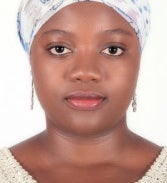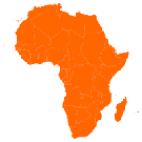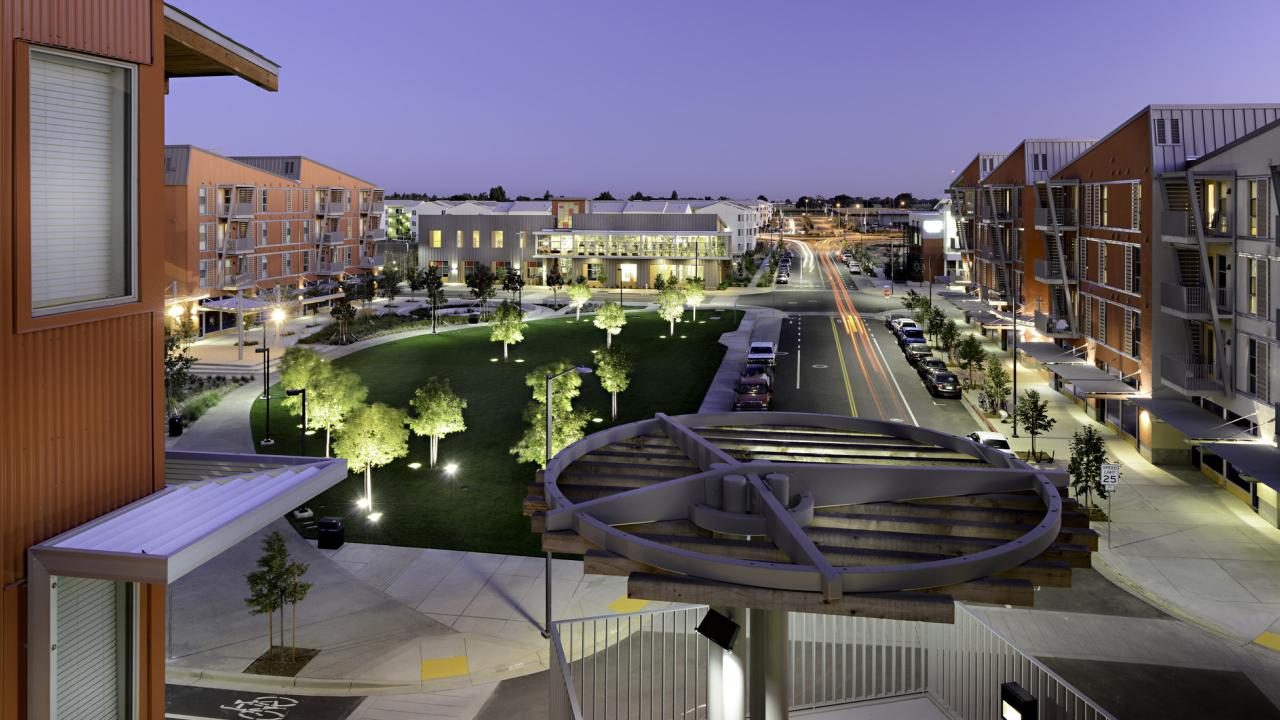Quick Summary
- UC Davis pioneers energy institute for Obama program
- Institute to help with energy issues in Africa
- 25 fellows from 20 countries in sub-Saharan Africa
Their work in Africa ranges from placing solar lanterns in humble huts to advising the leadership of South Africa’s national power utility.
But over the next six weeks, 25 young African leaders will be at the University of California, Davis, to leverage the campus’s energy expertise and better equip themselves to tackle the enormous energy challenges on their continent.
Representing 19 countries, they are participating June 20 to July 29 in the first and only energy-themed institute offered through the Mandela Washington Fellowship, the flagship of President Obama’s Young African Leaders Initiative.
UC Davis is one of 36 universities hosting the summer programs for about 1,000 fellows selected through a competitive process from among 40,000 applicants. At the Specialized Institute on Energy: Pathways to Zero-Net Energy, fellows will experience a living lab for energy efficiency at the university, ranked third in the world for sustainability by the GreenMetric World University Ranking.
About the fellows

Fatima Ademoh of Nigeria and the other fellows are from sub-Saharan Africa, where — according to U.S. Agency for International Development (USAID) — two out of three people lack access to electricity.
“This bitter scenario of energy poverty I witnessed has engraved the interest in tackling energy poverty in my heart” — Fellow Fatima Ademoh of Nigeria
Growing up, she saw a lack of access to energy deny people clean water, quality education, health care and more. “This bitter scenario of energy poverty I witnessed has engraved the interest in tackling energy poverty in my heart,” she said.
Ademoh, who leads the Ajima Youth Empowerment Foundation, is looking to the energy institute to help her replicate a project, now under construction, that will use bio-digesters to provide electricity to off-grid households and businesses.
Fellows are ‘super impressive’
The fellows are 25- to 35-year-olds who have already promoted innovation and accomplished positive change. They include:
- entrepreneurs promoting renewable energy and energy-efficient technologies;
- other innovators setting up solar kiosks for off-grid villages or providing solar-powered cold storage to smallholder farmers;
- the head of the Djiboutian Energy Management Agency, charged with implementing a law liberalizing the electricity sector; and
- the founder of a coalition that advocates for transparency, accountability, local participation and environmental management in Tanzania’s oil and gas industry.

Meet all 25 of the Mandela fellows
The Mandela Washington Fellows at the UC Davis energy institute are young leaders helping address energy challenges of different kinds in 19 countries of sub-Saharan Africa.
“They’re super impressive,” said UC Davis professor Kate Scow of the Department of Land Air and Water Resources and the institute’s academic director. “Bringing these young leaders together in one place will be amazing,” she said, “and we get to be with them, too.”
Expertise from campus and beyond
Davis man helped launch initiative
Grant Harris of Davis, who helped launch the Young African Leaders Initiative for the White House and now advises organizations about doing business in Africa, will speak with the fellows during the institute.
He said the lack of access to energy is an enormous impediment to Africa’s growth and economic development. “Without electricity, you cannot study at night, refrigerate a vaccine or dependably run a factory or business,” Harris said.
“Whether Africa’s young leaders receive the skills and opportunities they need is going to determine the future of the continent.”
The Office of Global Affairs at UC Davis has organized the institute. Scow, who is also director of the Russell Ranch of the Agriculture Sustainability Institute at UC Davis and has worked on projects in sub-Saharan Africa, said the institute will draw on guest lecturers as well as the expertise of faculty from a broad range of disciplines and nearly 20 UC Davis institutes and research centers.
These include the Energy Efficiency Center, which accelerates the development and commercialization of energy efficiency technologies, and the Institute of Transportation Studies, the world’s leading university center on sustainable transportation.
A few of the academic sessions will focus on empowering women to help address energy needs. In one workshop, a gender adviser and policy team member from USAID will discuss how developments in the energy sector affect men, women and children differently.
Tours and other activities
On the campus itself, fellows will tour:
- West Village, the nation’s largest planned zero-net energy community;
- the California Lighting Technology Center, which accelerates the development and commercialization of energy-efficient lighting;
- one of the world’s most sustainable facilities for making wine at the Robert Mondavi Institute for Wine and Food Science;
- the largest solar power plant at an American university;
- Russell Ranch, a facility for researching irrigated and dry-land agriculture;
- an anaerobic digester that converts campus and community food and yard waste into clean energy; and
- the Western Cooling Efficiency Center, which develops cooling technologies that can reduce energy and water consumption in buildings.
They will also visit the California Independent System Operator in Folsom; the California Energy Commission in Sacramento; a hydroelectric facility and reforestation nursery in the Tahoe region; Dixon Ridge Farms of Winters, which has won awards for its environmental leadership; and the Lawrence Berkeley National Laboratory and Cyclotron Road, its energy technology incubation program. In hands-on service and learning, the fellows will perform campus energy audits, plant trees, tend an urban garden and more.
The Mandela Washington Fellowship for Young African Leaders is the flagship program of the Young African Leaders Initiative and is made possible by the generous support of the American people through the U.S. Department of State and administered by IREX, an international nonprofit.
Media Resources
Kate Scow, Land, Air and Water Resources, 530-752-4632, kmscow@ucdavis.edu
Jennie Konsella-Norene, UC Davis Global Affairs, 530-754-9403, jknorene@ucdavis.edu
Julia Ann Easley, UC Davis News and Media Relations, 530-752-8248, jaeasley@ucdavis.edu
